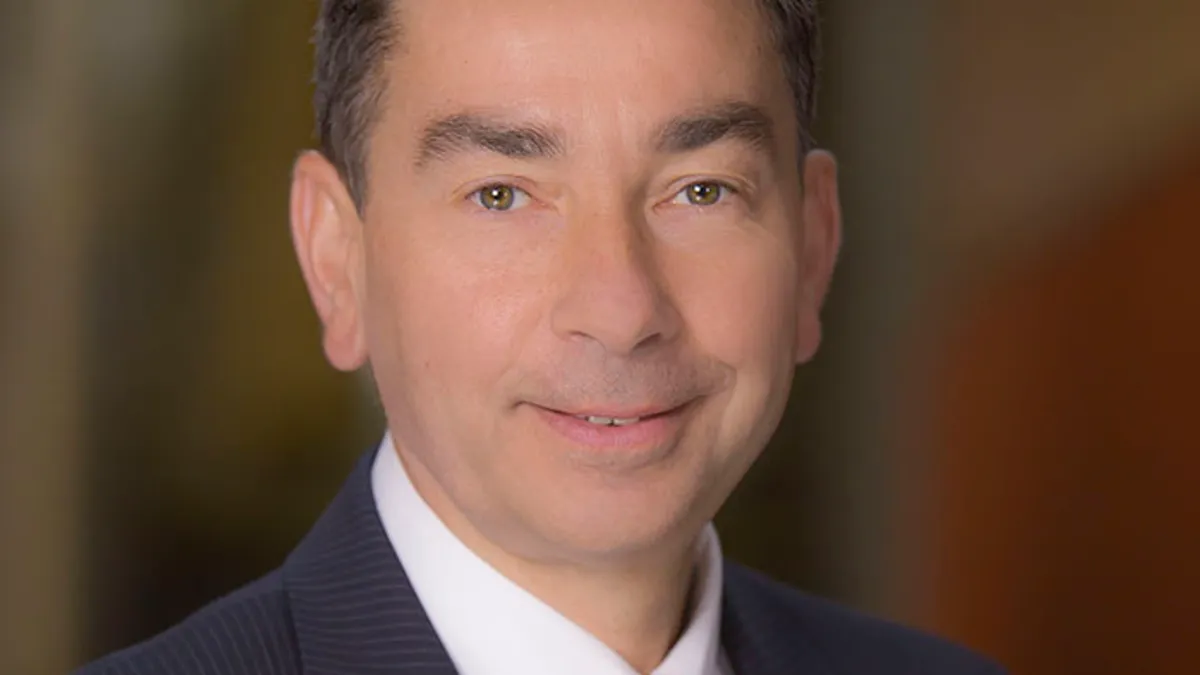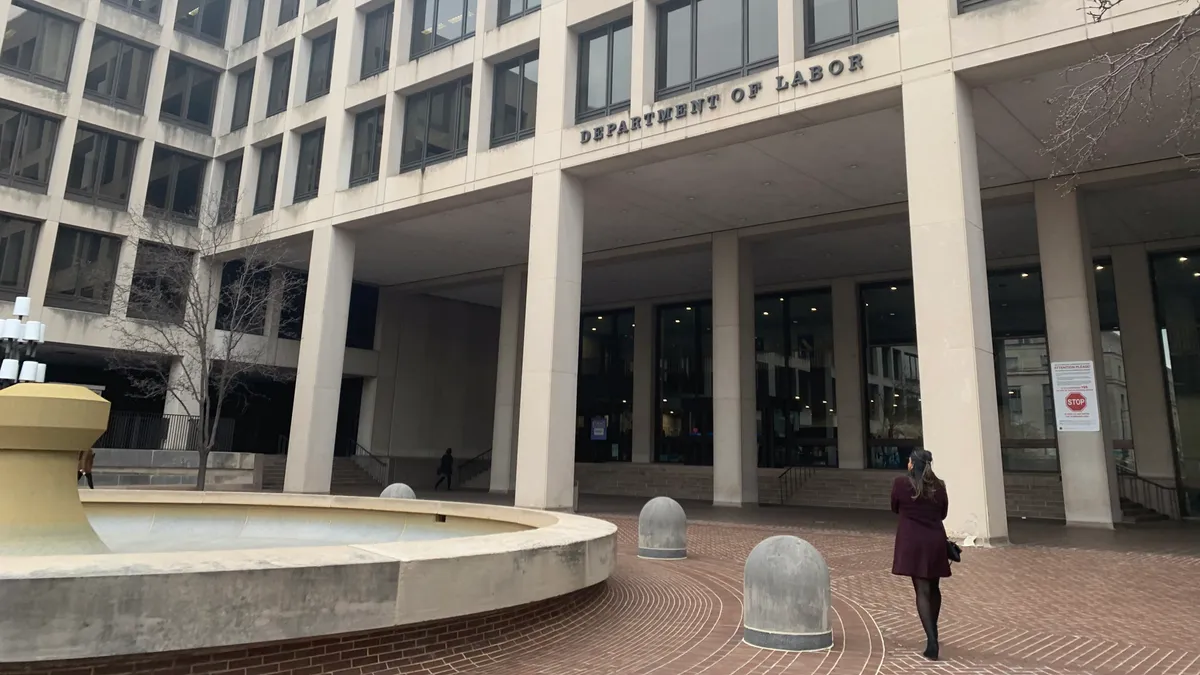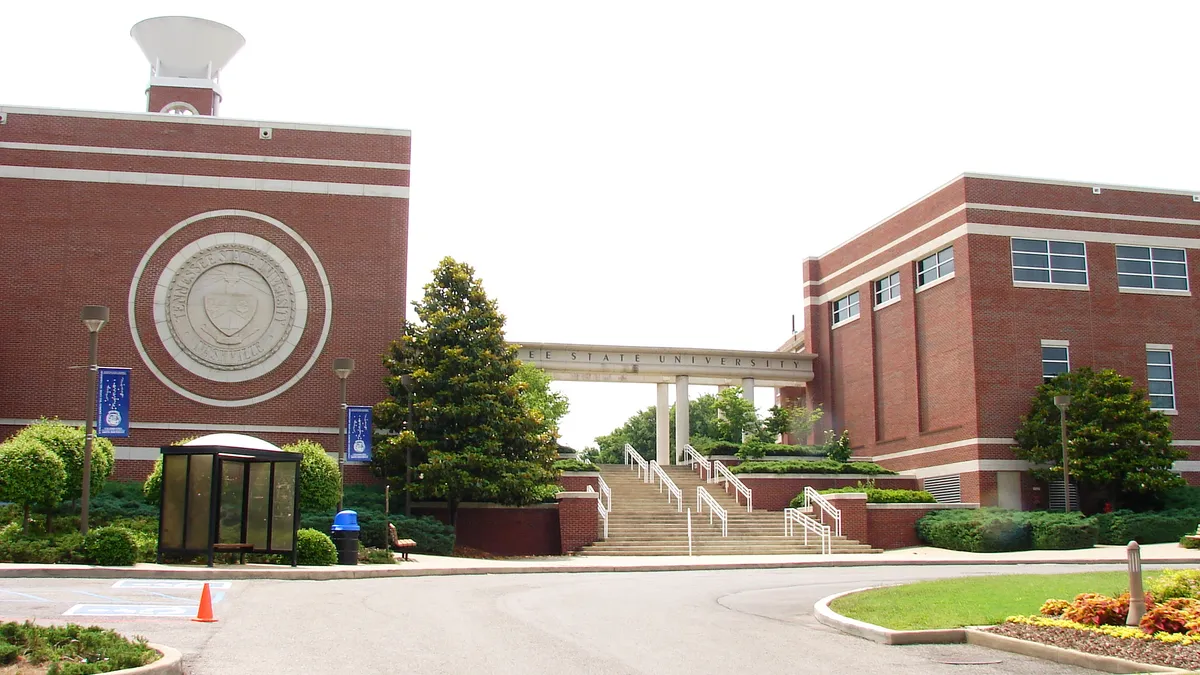When David Schejbal thinks about expanding opportunities for nontraditional students in higher education, he thinks about them as consumers.
Schejbal is the dean of continuing education, outreach and e-learning at the University of Wisconsin-Extension. The bulk of his career has been driven by a desire to make education flexible, affordable and accessible for working adults, some of whom have degrees and are looking for new skills, some of whom have no prior postsecondary experience, but all of whom have real commitments outside of schooling.
According to data from the National Center for Education Statistics, only about one-quarter of today’s college students can be counted as “traditional.” The rest are independent of their parents, they have children, they don’t have a traditional high school diploma, they delayed going to college, they attend school only part-time, or they have full-time jobs.
Their needs are distinct from the 18- to 22-year-old students who go straight from high school to college. Schejbal sees the difference as a great example of why competency-based education makes sense.
Traditional students may need the structured learning experience and all of the knowledge and information that comes from a standard, semester-based model because they don’t bring as much with them to the classroom. Older students, though, come to the classroom with experience from work, the military, self-study, or previous college. Schejbal says they need a more malleable learning experience that lets them demonstrate what they know, apply that knowledge to a program, and spend time learning only the additional information they need.
Older students more often look at higher education as a way to improve their employability. Sometimes they need degrees to make the next jump in their careers, and other times their needs are satisfied by a short-term program for another credential.
Creating programs around the actual needs of students means Schejbal has championed competency-based education. He has also been a leader in the University of Wisconsin’s participation in the University Learning Store, where prospective students can pay a small fee to earn non-degree credentials that have direct applications to their work lives. The credentials are backed by skills-based assessments that measure student learning in ways that industry experts and employers have endorsed.
These non-degree options are distinct from stackable credentials that Schejbal sees less value in, though he says the stackable credentials are fine if they’re within the realm of traditional credits.
“If they’re structured to be for college credit then they need to lead to a degree," Schejbal said. "Ultimately, the consumers are interested in the degree, and picking up the credential along the way is a nice-to-have, but it’s not a must-have."
Unlike those who argue all of higher education should shift to workforce training, Schejbal sees the value in both the traditional model for younger students and newer, alternative models for the “nontraditional” learner. But serving such a diverse student population — and doing it well — is complicated.
Schejbal says culture plays a major role in whether a college or university makes the effort to find a way.
“Some institutions have both cultures and business models that are rooted in traditional higher education structures,” Schejbal said. “Those institutions have very little incentive to change.”
At the University of Wisconsin, a large, statewide system offers the ability for individual institutions to specialize while the system as a whole leverages different cultures for a well-rounded offering to students. The scope of small, private institutions, on the other hand, is necessarily limited by their size.
Looking ahead, Schejbal says there is a critical need for a better relationship between higher education institutions and employers. Traditionally the two have been opposites, complaining about the shortcomings in vision or mission of the other. While on the local level, many institutions work with industry leaders to develop programs that prepare students with in-demand skills, Schejbal is calling for a national conversation.
“We really do need a real, substantive, meaningful and visible conversation between higher education and the employment sector,” Schejbal said.
With the legislature primed to reauthorize the Higher Education Act in the next couple years, perhaps this conversation can become a priority under the next administration.
Would you like to see more education news like this in your inbox on a daily basis? Subscribe to our Education Dive email newsletter! You may also want to read Education Dive's look at in-state and interstate initiatives aiming to improve transfer pathways.













